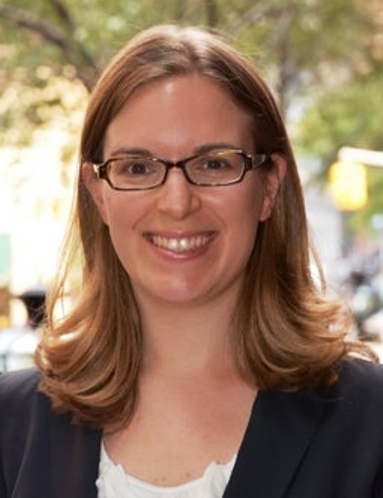This past weekend, many of us celebrated Father’s Day to honor the important work our dads do. A month ago, we did the same thing to honor our mothers: BBQs and brunches, phone calls and cards in the mail, “Number 1 Mom” mugs and “World’s Best Dad” baseball caps.
As a congregational rabbi, I spend a lot of time watching parents do their sacred work at many stages of the lifecycle, but I always feel especially privileged to be with parents in the first days after the arrival of a child. They come to me to plan a baby naming or a bris, but often the conversation drifts, and they tell me about how joyful but how exhausting parenting is so far, how miraculous but also how stressful. Many of these pressures are, of course, unavoidable, but one concern that many new parents express is not only avoidable, but specifically a result of bad policy: inadequate maternity and paternity leave. As one recent op-ed put it: “If America really valued mothers, we wouldn’t treat them like this.”
Our appreciation of moms and dads hasn’t yet inspired our country to make sure that new mothers and fathers have the financial support they need to concentrate on their new jobs as parents. The United States is one of the only countries in the world not to guarantee paid maternity leave for working mothers. According to a study of 185 countries released last month by the International Labor Organization, the only other countries that lack this guarantee are Oman and Papua New Guinea. While paternity leave is not as universal, the United States is behind 81 countries that do guarantee new fathers paid time to care for their infants. And while we might often think about maternity or paternity leave in terms of their emotional, psychological, and familial benefits, paid leave is first and foremost a financial matter. Parenting is sacred work, but also expensive work. Among parents who did not receive full salary while on leave, 15% are forced to turn to public assistance.
While maternity and paternity leave might be modern concepts, our Torah understands the importance of supporting people who are engaged in sacred but otherwise unremunerated work. Parashat Korach focuses on the tribe of Levi, unique among the Israelite tribes in that they did not inherit any territory in the Land of Israel. While the other tribes worked the land for sustenance, the tribe of Levi was assigned to the sacred work of the Tabernacle and its ritual sacrifices. Since the earlier part of the parashah focuses on the prestige associated with Levitical and priestly leadership, it might be tempting to think of the work of the Tabernacle as a reward in itself. But at the end of the Torah portion, God addresses the fact that the prestige itself is not enough to sustain the priests and Levites – they also need to eat.
“All the sacred gifts that the Israelites set aside for the Eternal I give to you [Aaron], to your sons [the priests], and to the daughters that are with you, as a due for all time… You shall, however, have no territorial share among them or any portion in their midst…. And to the Levites I hereby give all the tithes in Israel as their share in return for the services that they perform, the services of the Tent of Meeting…. But they shall have no territorial share among the Israelites” (Num. 18: 19-23).
The 12th Century French commentator Joseph Bechor Shor points out that the words that God chooses to describe the payments that the Levites will receive – “in return for the services that they perform” – indicate that the payments to the Levites are not a simple act of charity. The services that the Levites perform, he explains, “are good not only for them, but also for all Israel.” The community must sustain the Levites with tithes because the work they do is a public good. In order to live in a society where this important and sacred work is performed properly, the rest of the tribes provide financial support that frees the Levites and priests to do their work.
If we are sincere about our admiration for mothers and fathers – if we really do think that we live in a better, more loving, more beautiful, and even more prosperous society because of all of those number 1 moms and world’s best dads who are raising the next generation of Americans – then Jewish tradition calls us to give new parents the same support that our ancestors gave to the priests and Levites. For those first weeks of parenting, let’s give parents the support they need for their all-consuming sacred work.
Rabbi Beth Kalisch is the spiritual leader of Beth David Reform Congregation in Gladwyne, PA. A graduate of HUC-JIR and Yale University, she advocated for women’s rights at the Religious Action Center of Reform Judaism, and was recently a fellow at CLAL’s Rabbis Without Borders program.

